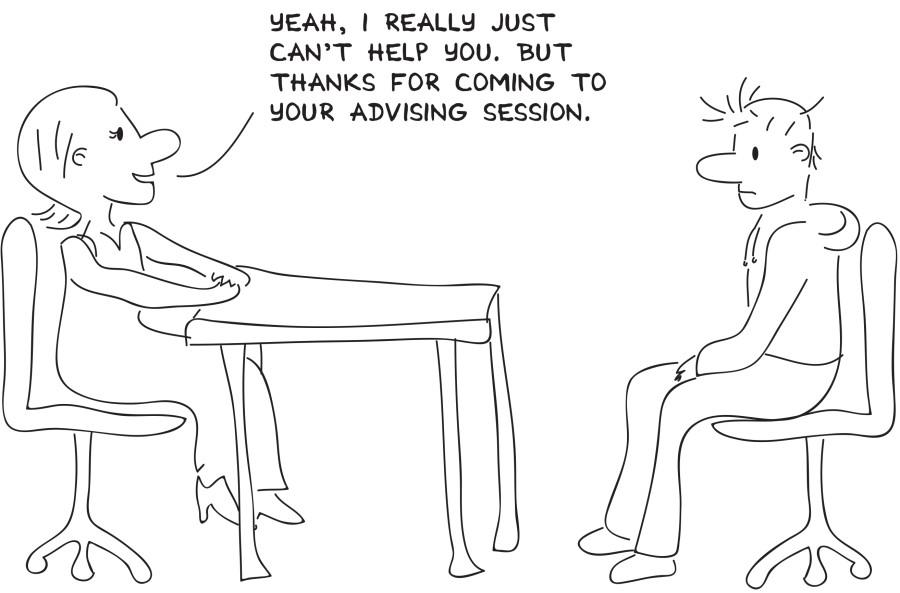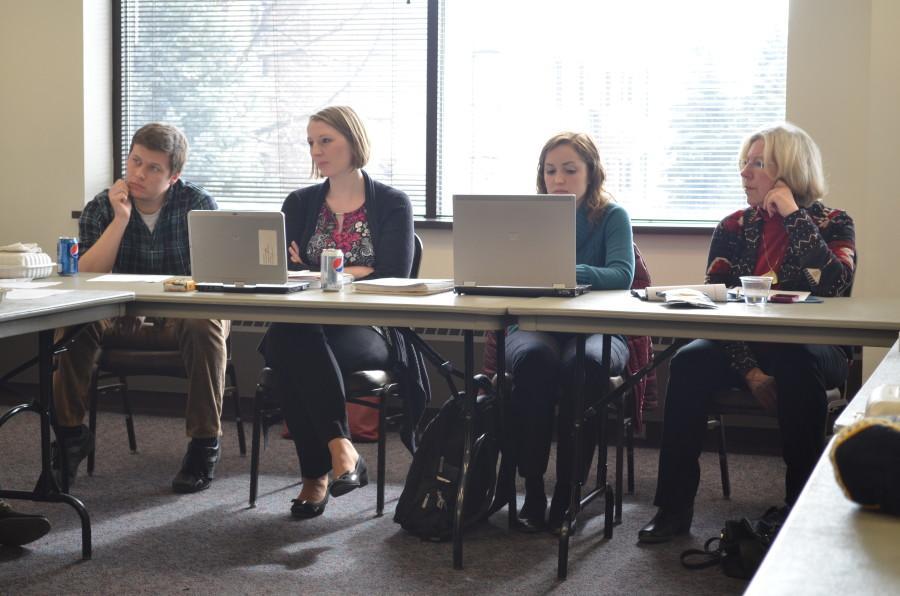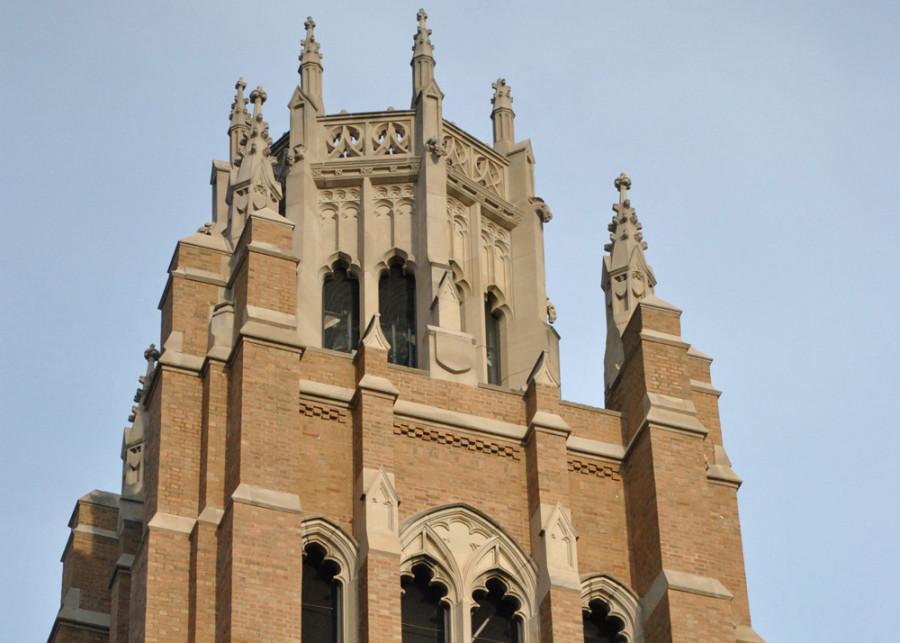This year’s top priority for Marquette Student Government is academic advising reform, an effort spearheaded by President Sam Schultz, a senior in the College of Arts & Sciences and former chair of the academics committee.
“I think advising is one of those things that matters academically, simply to make sure you graduate on time,” Schultz said. “But good advising is hopefully more than that.”
Richard Holz, dean of the College of Arts & Sciences, is also a proponent of improving Marquette’s advising process. Holz and the deans of the other colleges are working on reviews of the advising process. Holz said he will be meeting with MUSG representatives on Thursday to hear their perspectives on the issue.
A 2012 MUSG survey shows nearly 25 percent of students were either ‘dissatisfied’ or ‘very dissatisfied’ with their advising sessions.
“That depends on college, but on average between the colleges, some of them are that bad,” Holz said.
Anne Deahl, associate vice provost for academic support, said she recognizes these numbers show a need for improvement, but considers Marquette advising to be successful overall.
“I think overall we would say ‘yes, advising is successful, but there is still work to be done,’” Deahl said.
Deahl also specified that, while the university has advising standards in place, it prefers to give the colleges the authority to set their own advising processes due to the differences between them.
Schultz and other MUSG officials said they agree the advising process cannot be universalized in every area, but that they do think university outreach about the advising process can be “a little more universal.”
MUSG has also discussed a more targeted idea for reform: an increase in the number of professional advisers. Holz, who has been a proponent of professional advisers in the past, was quick to point out that this may not be the best solution.
“Before we map out how to organize around a more refined vision, it is important that we take a comprehensive, in-depth approach in continuing to assess our current advising structure which includes getting student feedback,” Holz said in an e-mail.
Schultz cited other changes he believes are necessary among advisers.
“It depends by college,” Schultz said. “I think either way, there’s a lack of training for advisers on campus now, so the university and colleges need to decide (if it is) going to train professional advisers and then have faculty act as mentors for some of the questions that a professional adviser wouldn’t be able to answer.”
Deahl agreed that increased training would benefit the advising process.
“The provost certainly supports the notion that we look at enhancing our training of advisers,” Deahl said.







